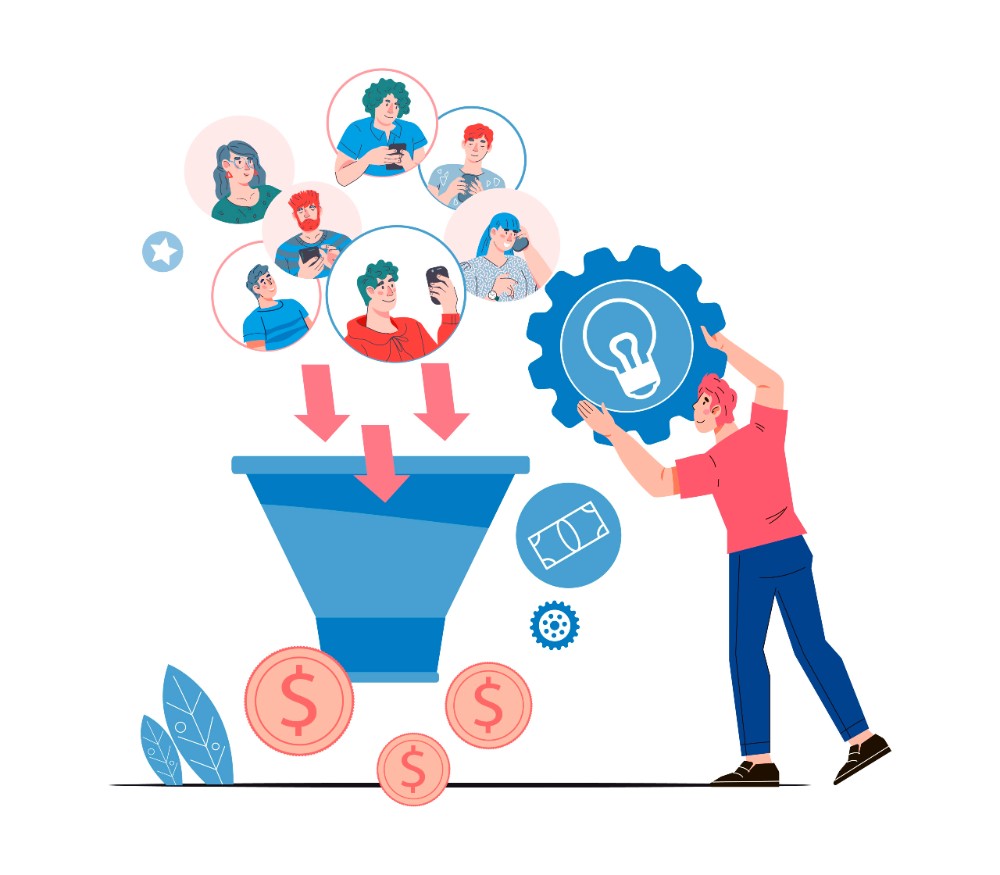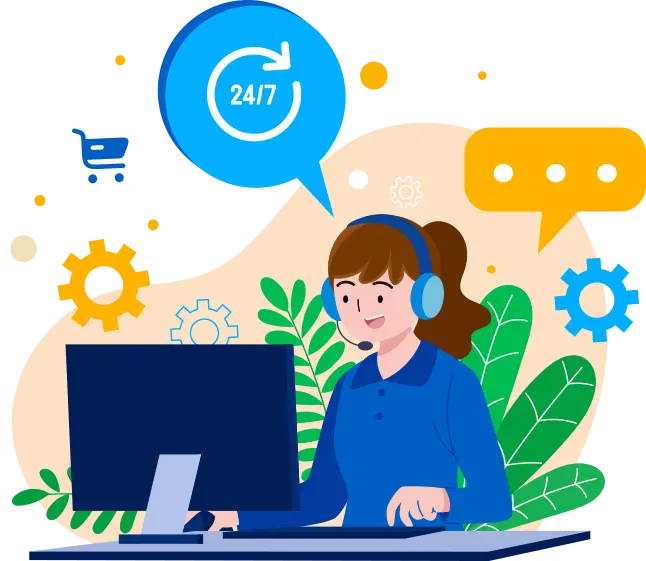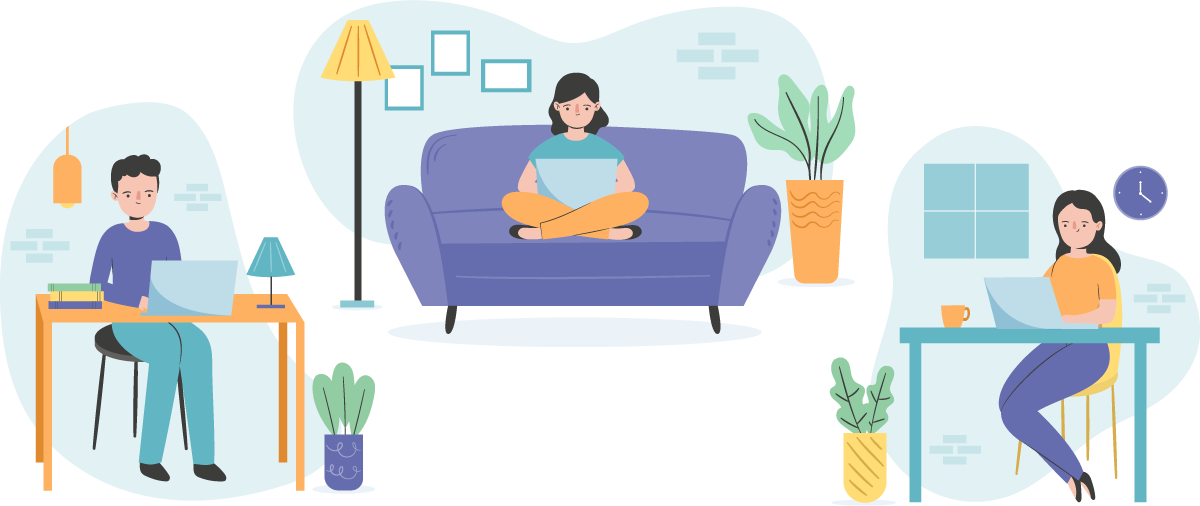Africa is undergoing a digital and educational revolution. Every year, thousands of young African graduates seek access to skilled jobs, but many face a gap between their skills and the demands of the global market. Bootcamps intensive training programs focused on practical skills offer a fast solution to bridge this gap.
But beyond training, access to remote jobs opens unprecedented opportunities, allowing these talents to participate in the global economy from their home countries.
How do these programs truly transform the lives of young Africans? And how can companies benefit from this new generation of skilled and motivated professionals? In this article, we will explore the role of bootcamps, the impact of remote work, and how these initiatives are shaping the future of work in Africa.
Why are bootcamps essential for African youth?
Bootcamps provide a practical, accelerated approach to acquiring in-demand skills on the global market. Unlike traditional education, they focus on real projects and current technologies.
- Short, intensive programs (2 to 6 months)
- Hands-on training with the most sought-after tools (web development, data science, UX/UI design)
- Mentorship from international experts
According to a HolonIQ (2024) study, 78% of participants in African tech bootcamps found a remote or freelance job within six months of completing their training, demonstrating their effectiveness.
How is remote work transforming employability?
Remote work allows young talent to access international positions without leaving their countries. This flexibility reduces geographical barriers and promotes economic inclusion.
- Access to better-paid and more diverse jobs
- Development of global and multicultural skills
- Reduced relocation costs
Platforms like Breedj play a key role by connecting these young professionals with international companies, ensuring a legal, secure, and compliant framework.
What challenges do these young talents face?
Even with strong skills, several obstacles remain. Access to stable internet, suitable workspaces, and mentoring is uneven across regions.
- Digital divide and limited access to technology
- Lack of hands-on experience on real international projects
- Need for guidance in remote work culture
Bootcamps and specialized platforms offer concrete solutions to overcome these challenges, including hybrid programs and individual coaching sessions.
The role of companies in this transition
Companies play a crucial role in supporting this new generation. Investing in remote recruitment and continuous training not only helps close the skills gap but also provides access to motivated and innovative talent.
- Integration of remote mentoring programs
- Collaboration on real projects to train youth in practical settings
- Use of platforms like Breedj to ensure compliance and simplify administrative management
By adopting these practices, companies can build diverse, competitive, and globally adaptable teams.
The combination of bootcamps and remote jobs is radically transforming employability in Africa. These initiatives give young people the chance to develop in-demand skills, access global opportunities, and actively participate in the world economy. For companies, investing in this talent is a strategic way to access a skilled, diverse, and motivated workforce.
Platforms like Breedj facilitate this collaboration, ensuring compliance, security, and efficiency. By embracing this approach, the next African generation is not only ready for remote work but also equipped to contribute to international projects in a sustainable and innovative way.
It is time for companies to seize this opportunity and build teams capable of growing intelligently, inclusively, and globally.
FAQ – Common questions on AI readiness and soft skills
No. It’s about understanding and using AI, not programming it.
ChatGPT, Copilot, Notion AI, and Google Workspace AI cover 80% of professional needs.
Yes, they improve with practice: communication, creativity, listening, critical thinking.
Some tasks will disappear, but roles combining AI + human intelligence will multiply.
If you use AI to analyze, create, automate, or make decisions, you are on the right track.
Because they are deeply human skills AI cannot replicate: emotion, creativity, persuasion.
With a structured plan, 30 days is enough to reach an operational level.
Yes, AI can serve as a coach, mirror, or training tool for communication and creativity.

👉 Contact us to discuss your project and avoid the pitfalls of international outsourcing.




